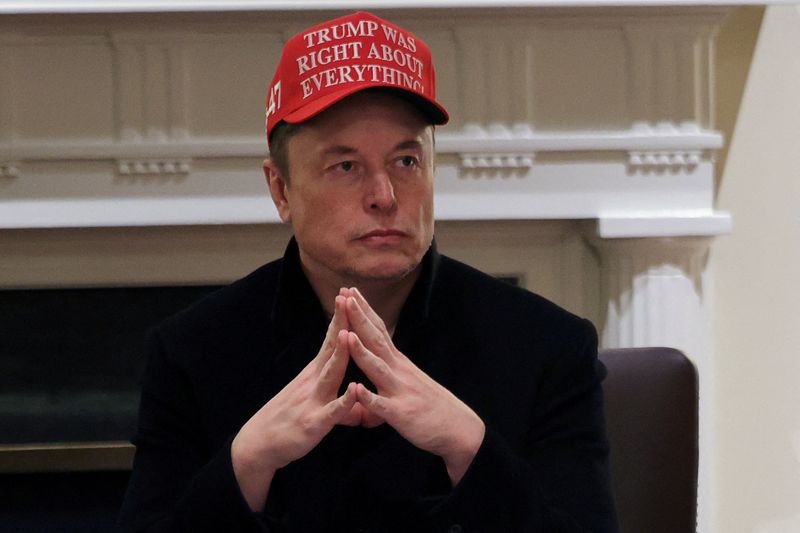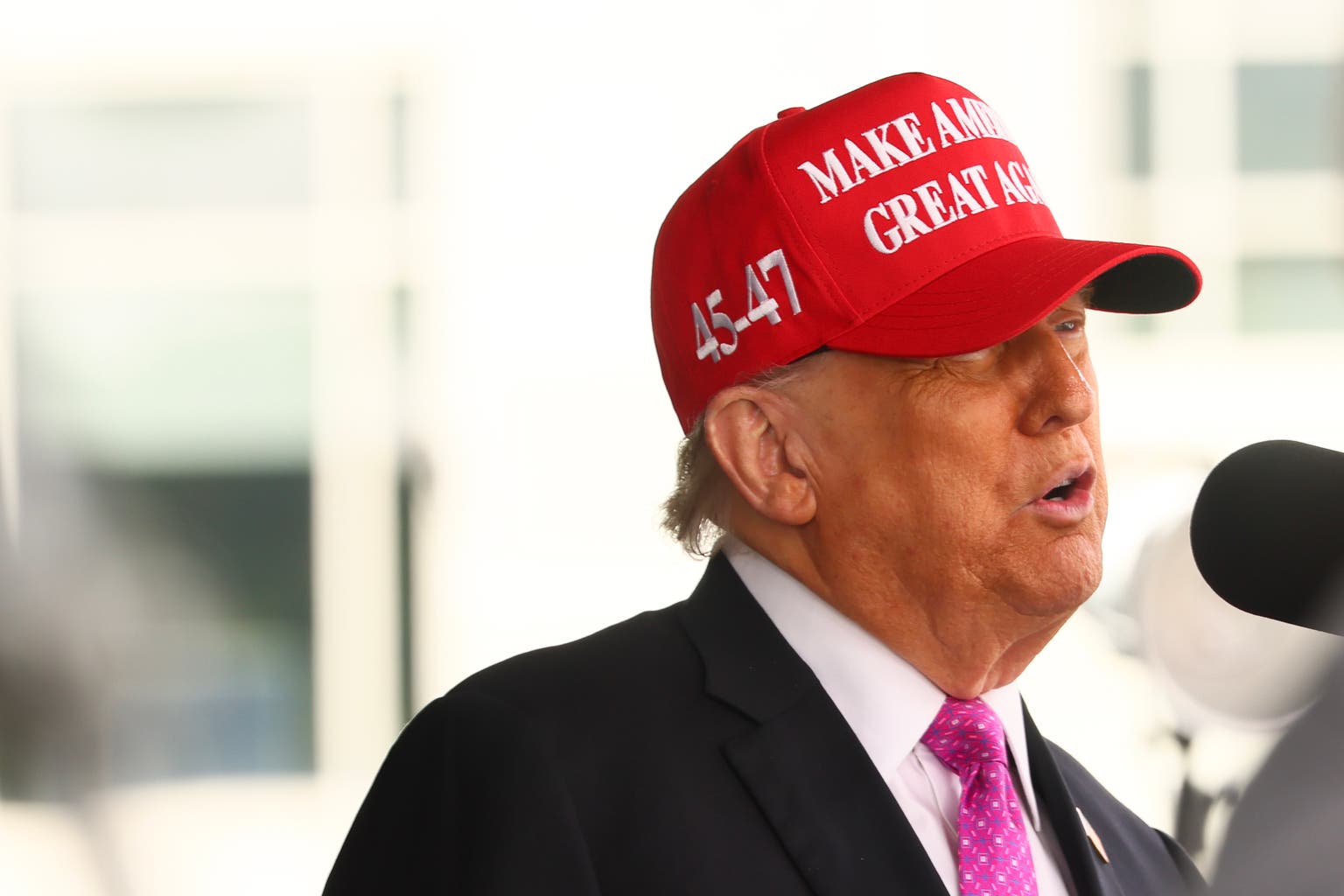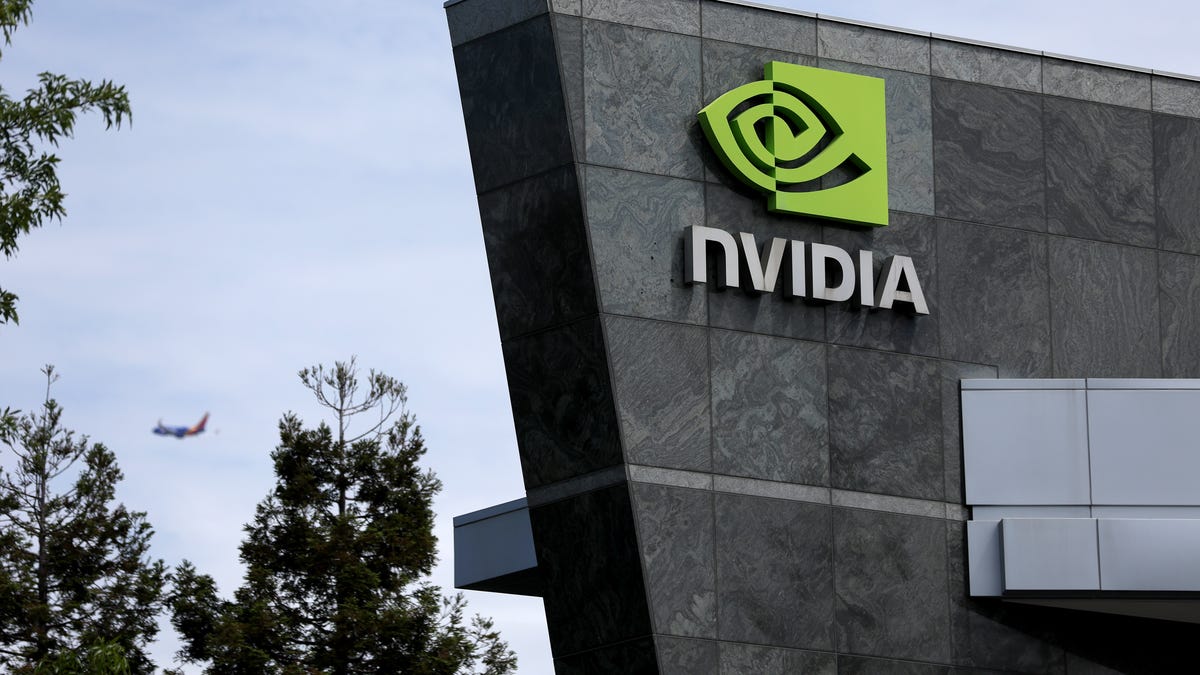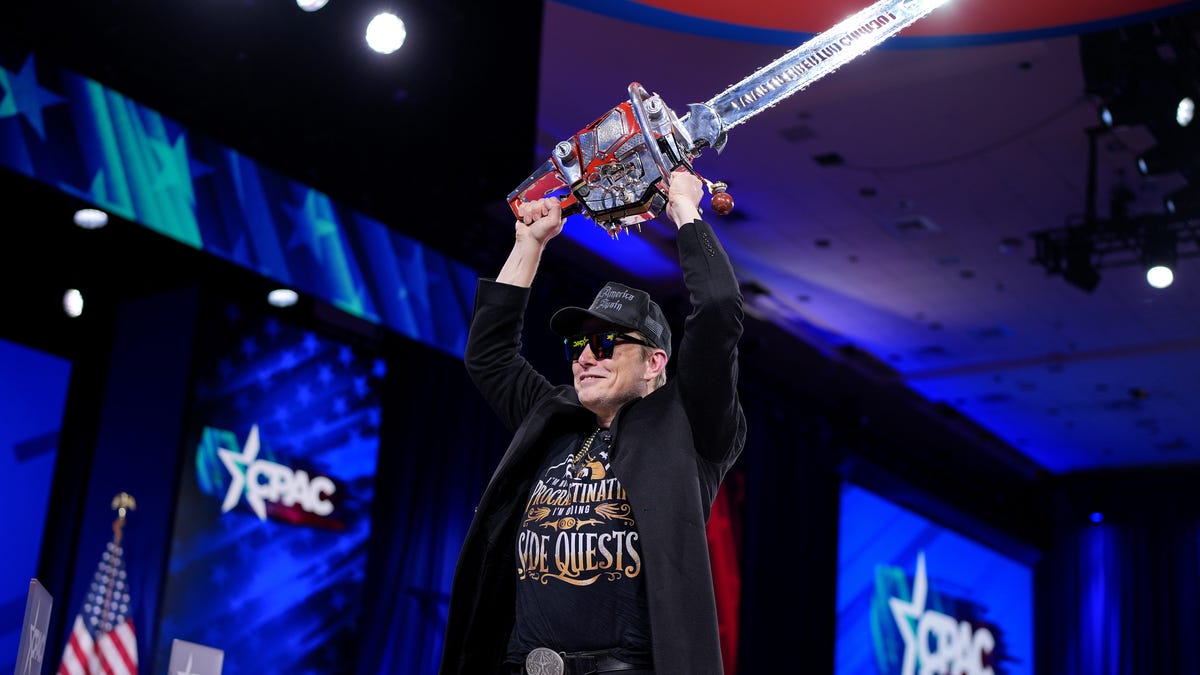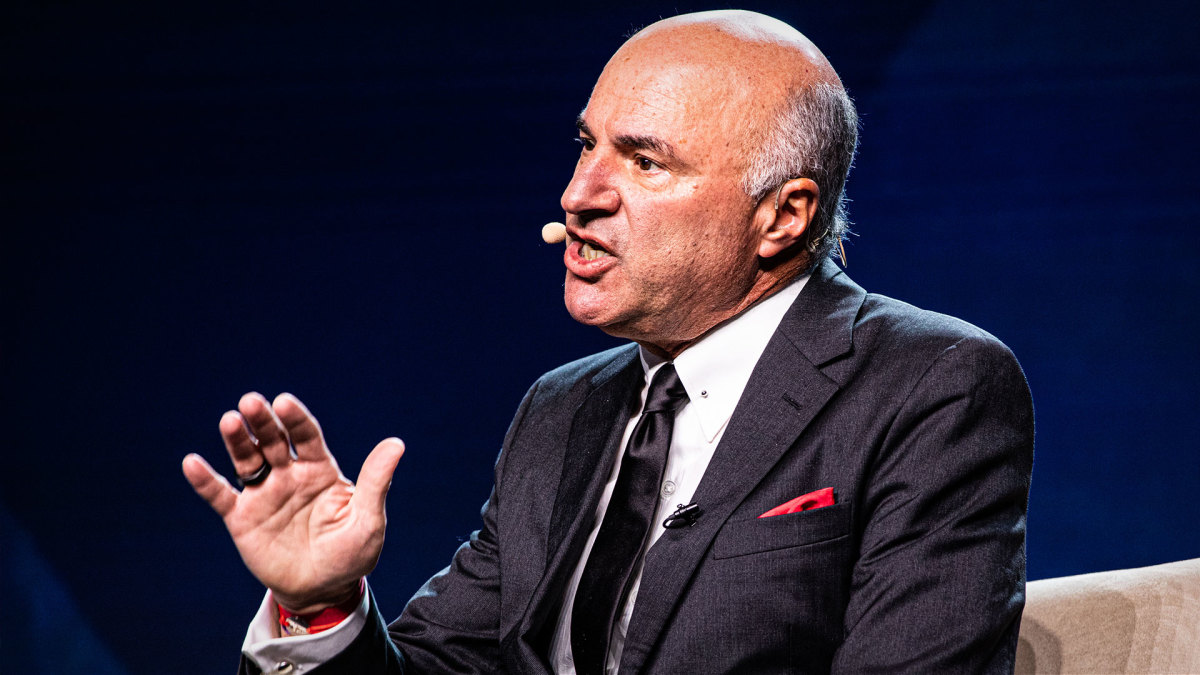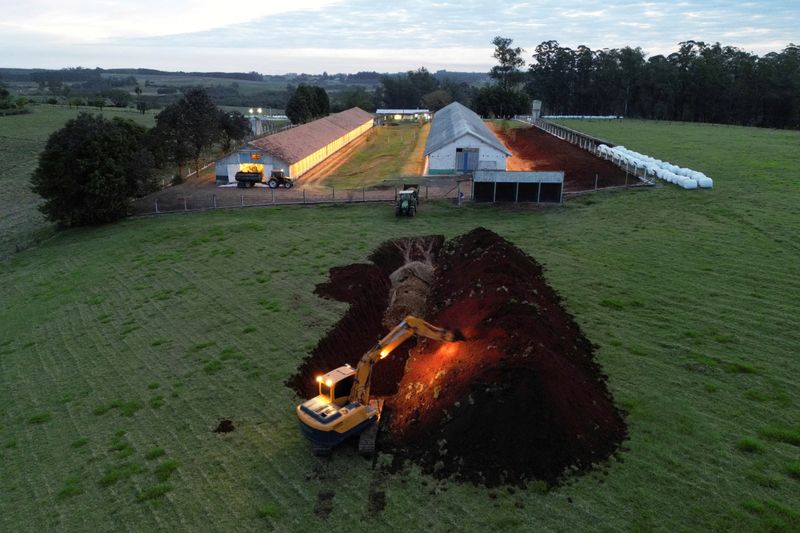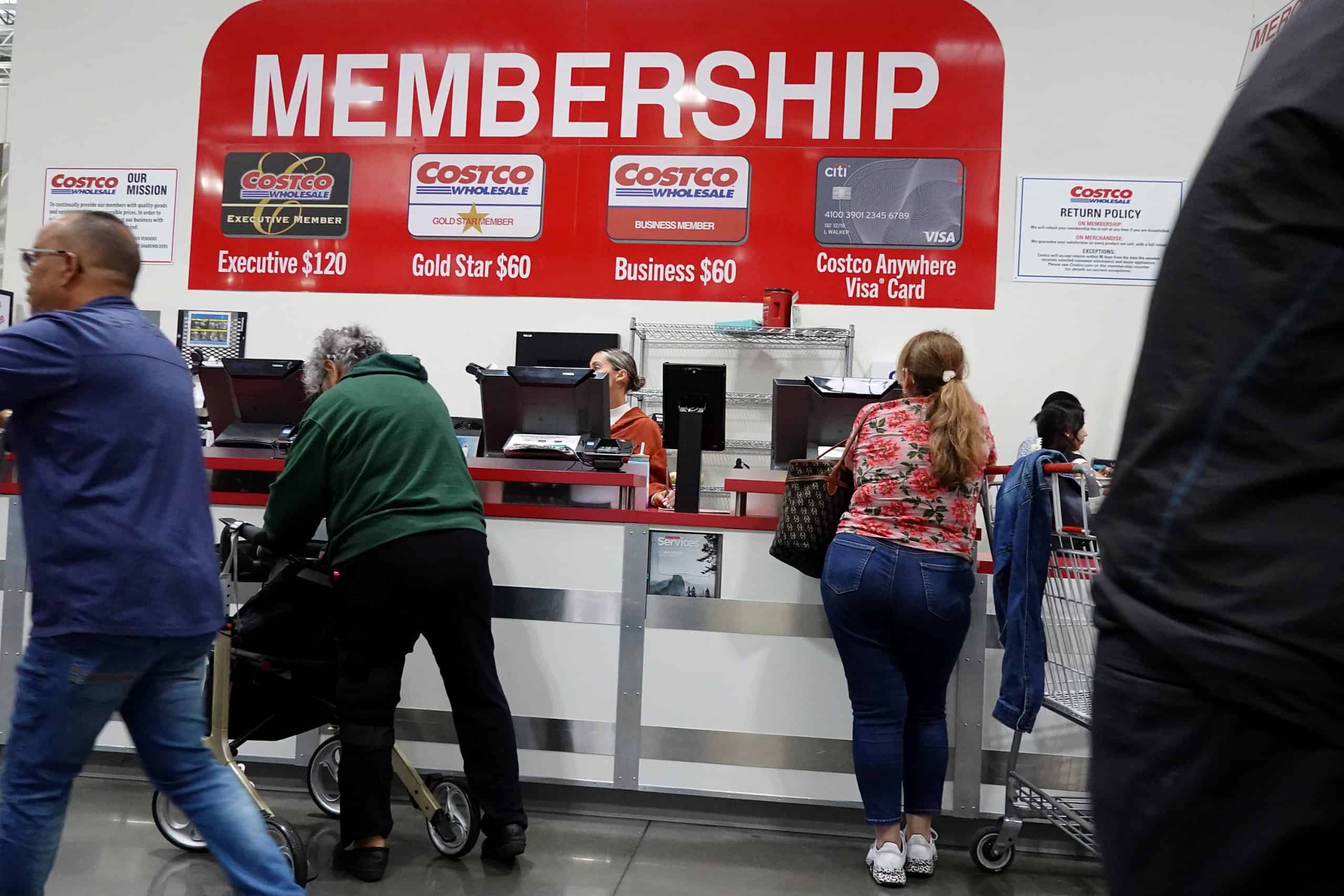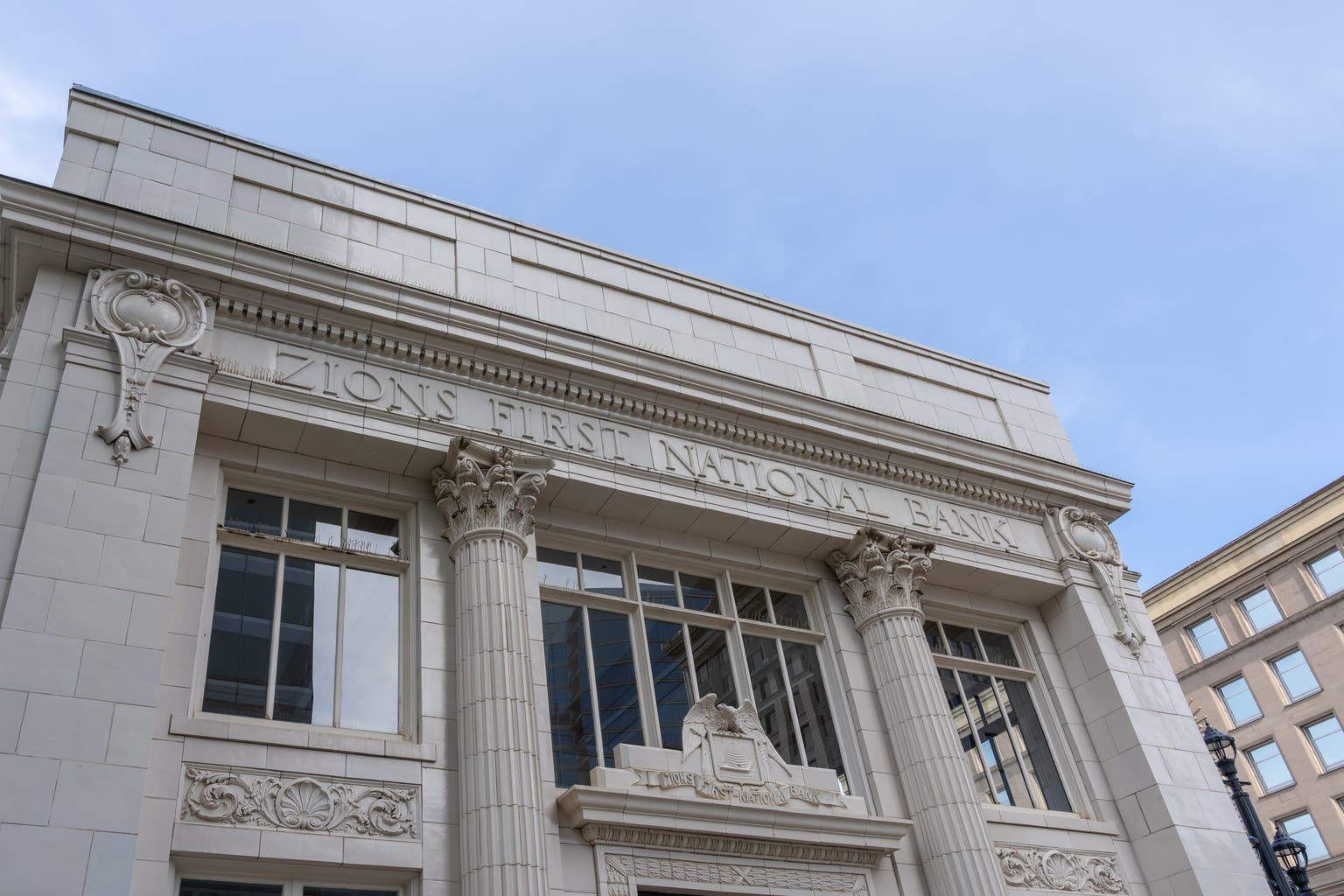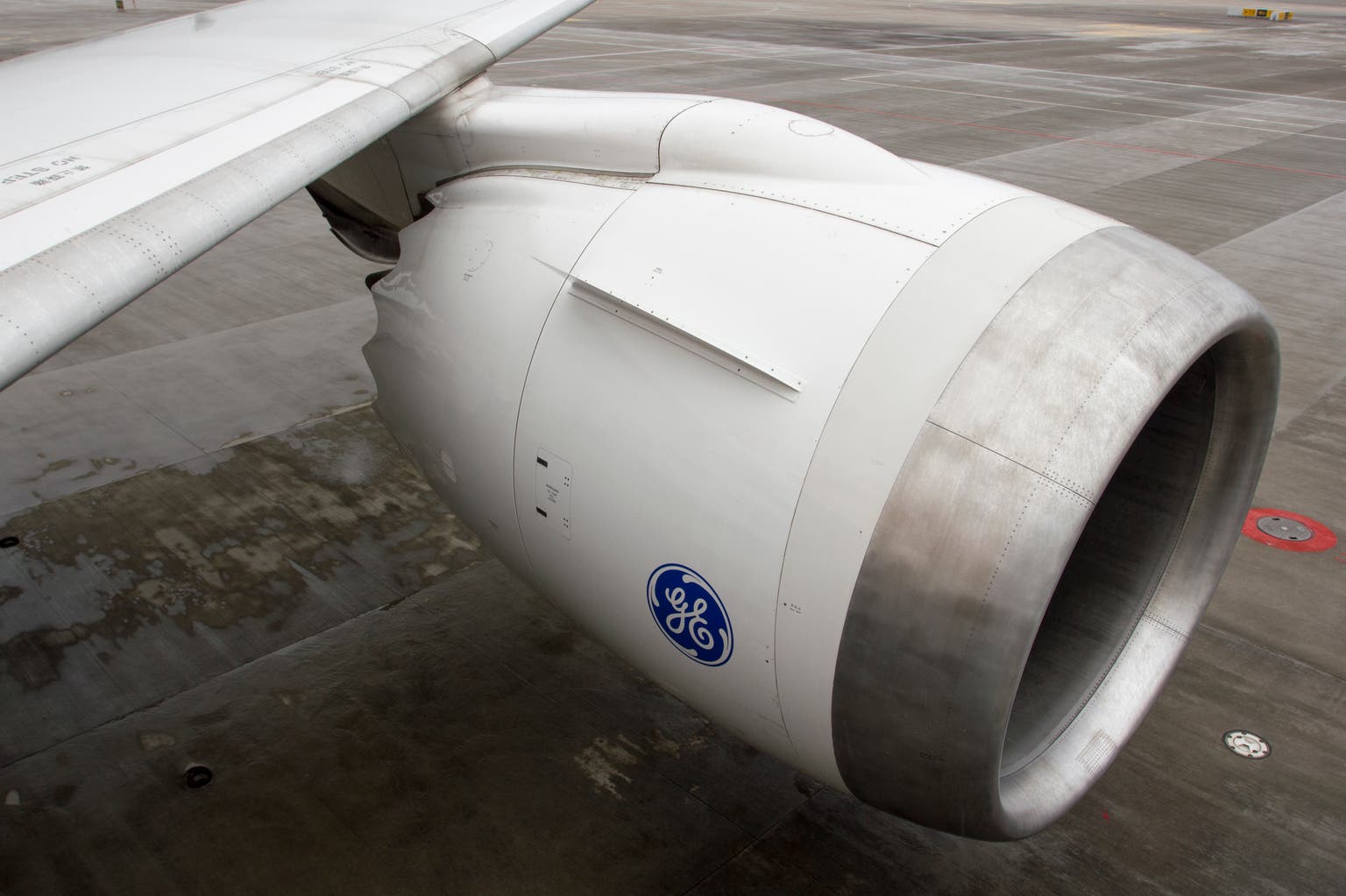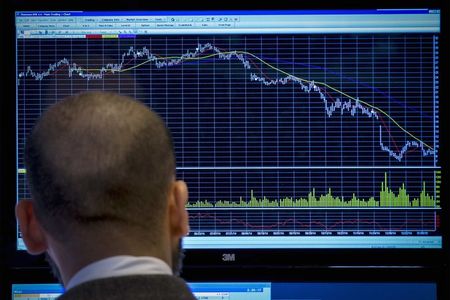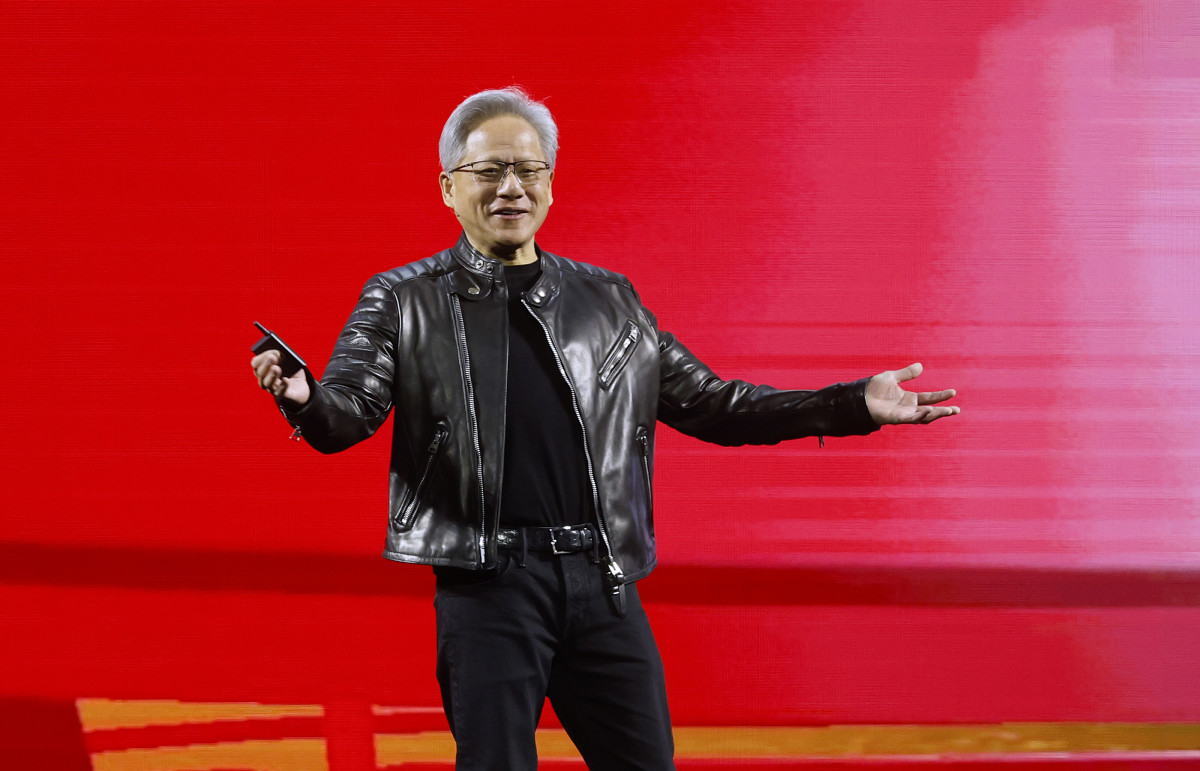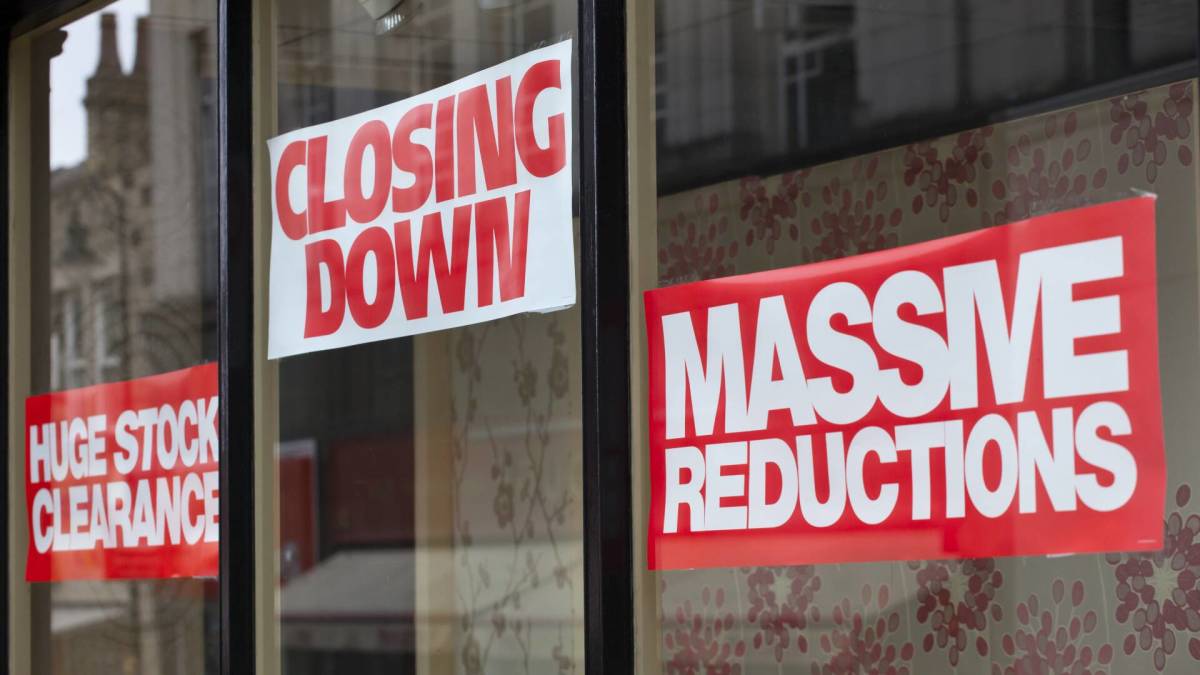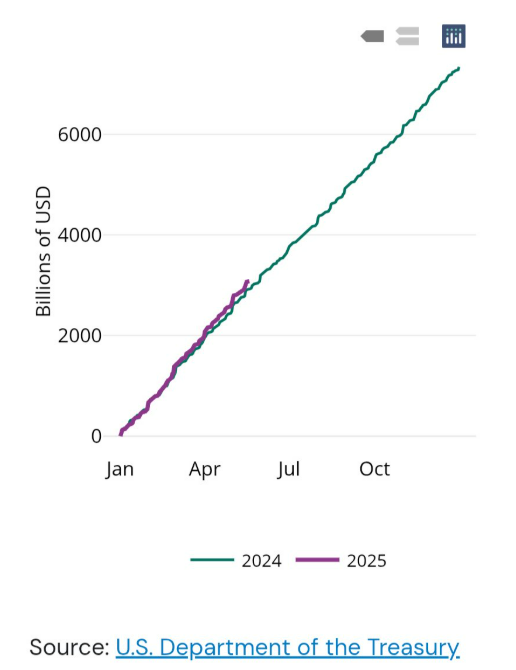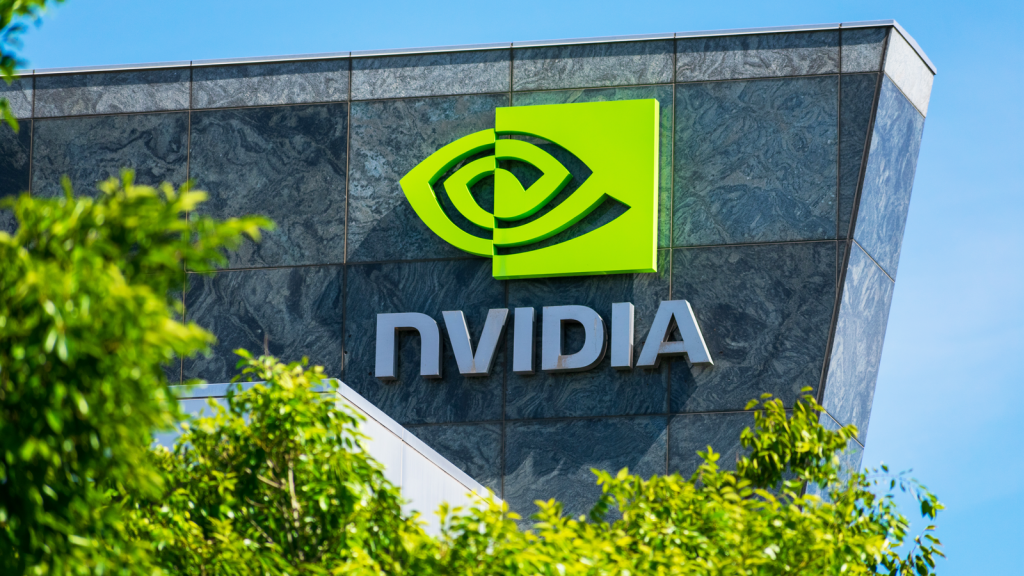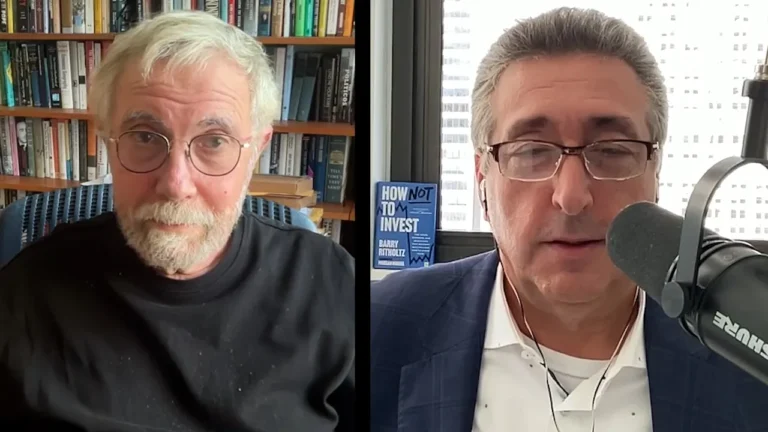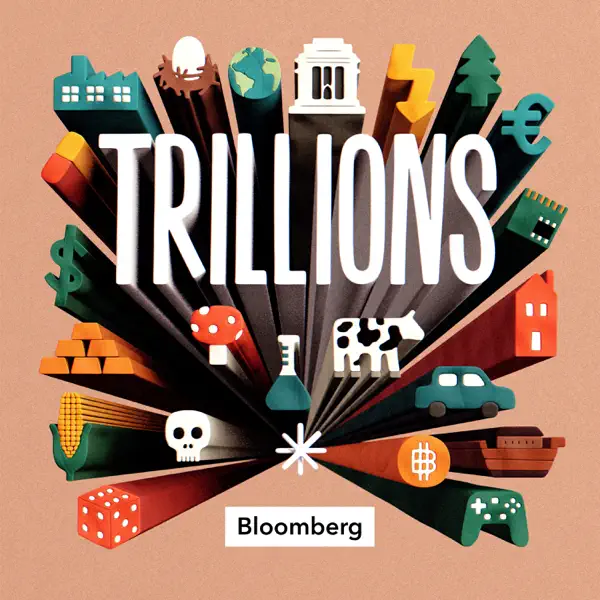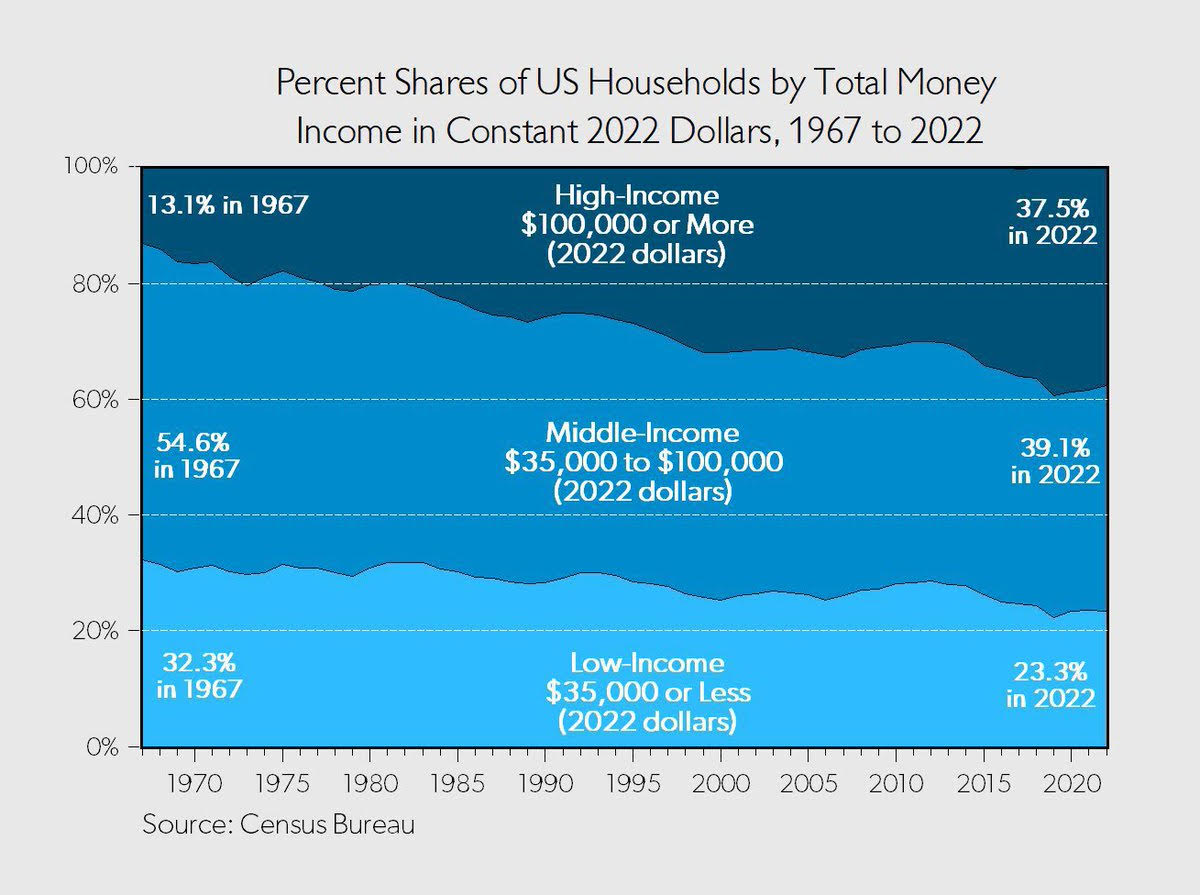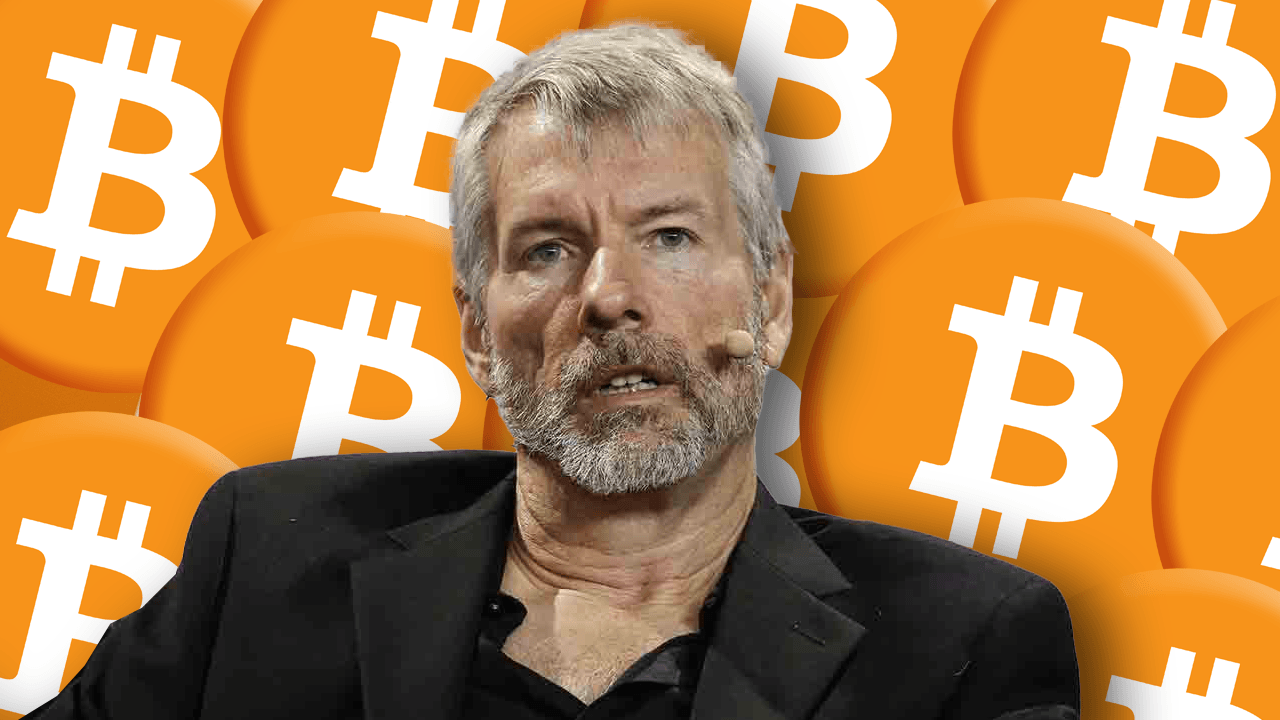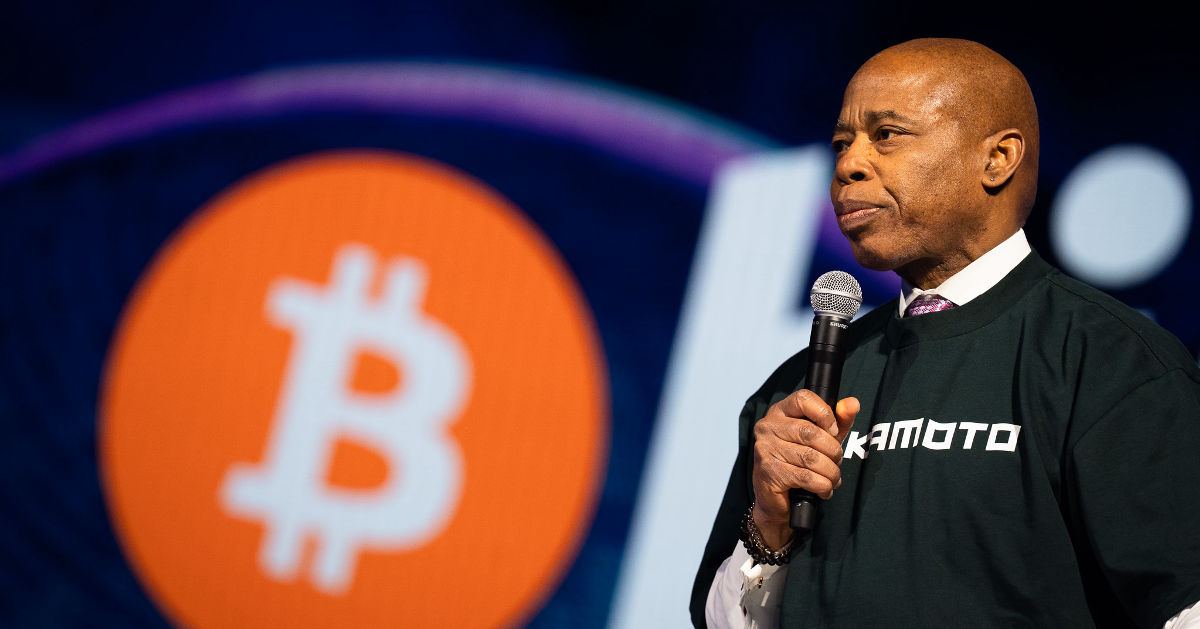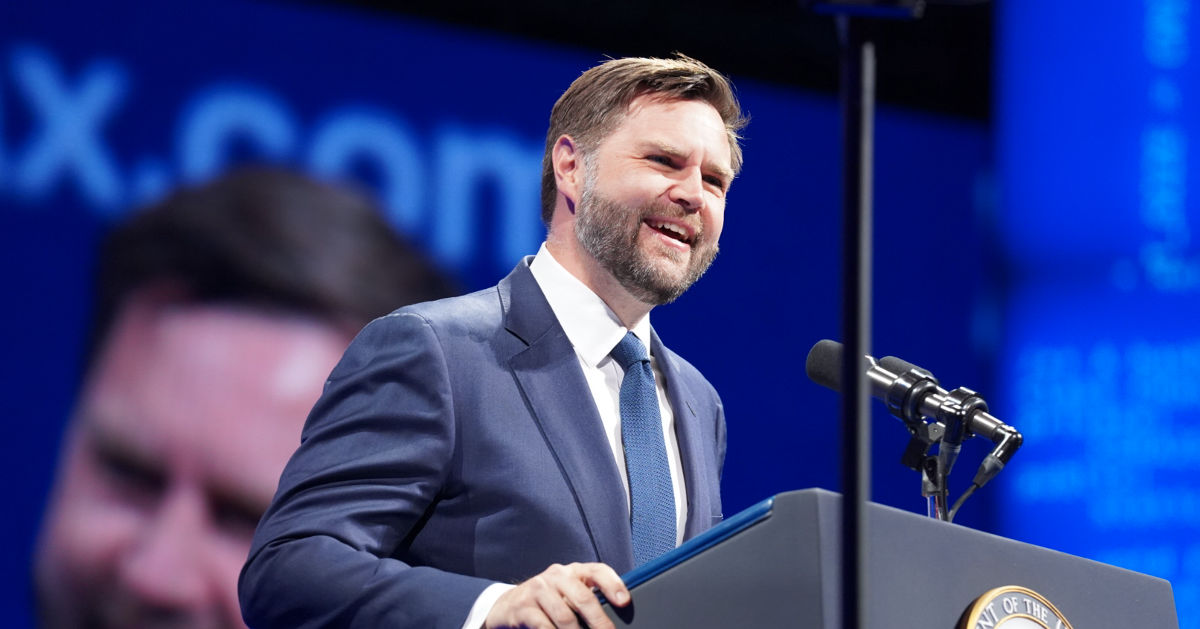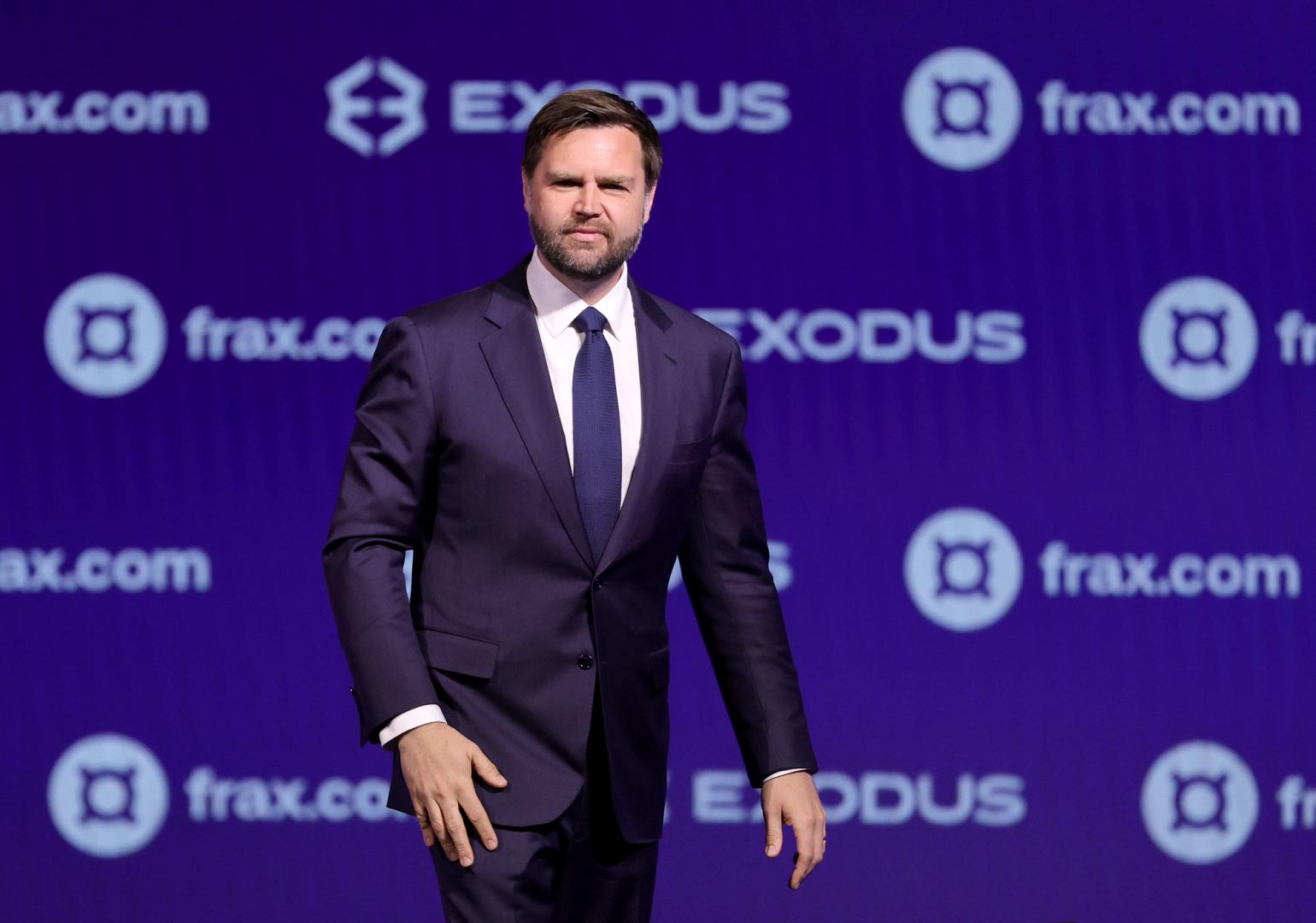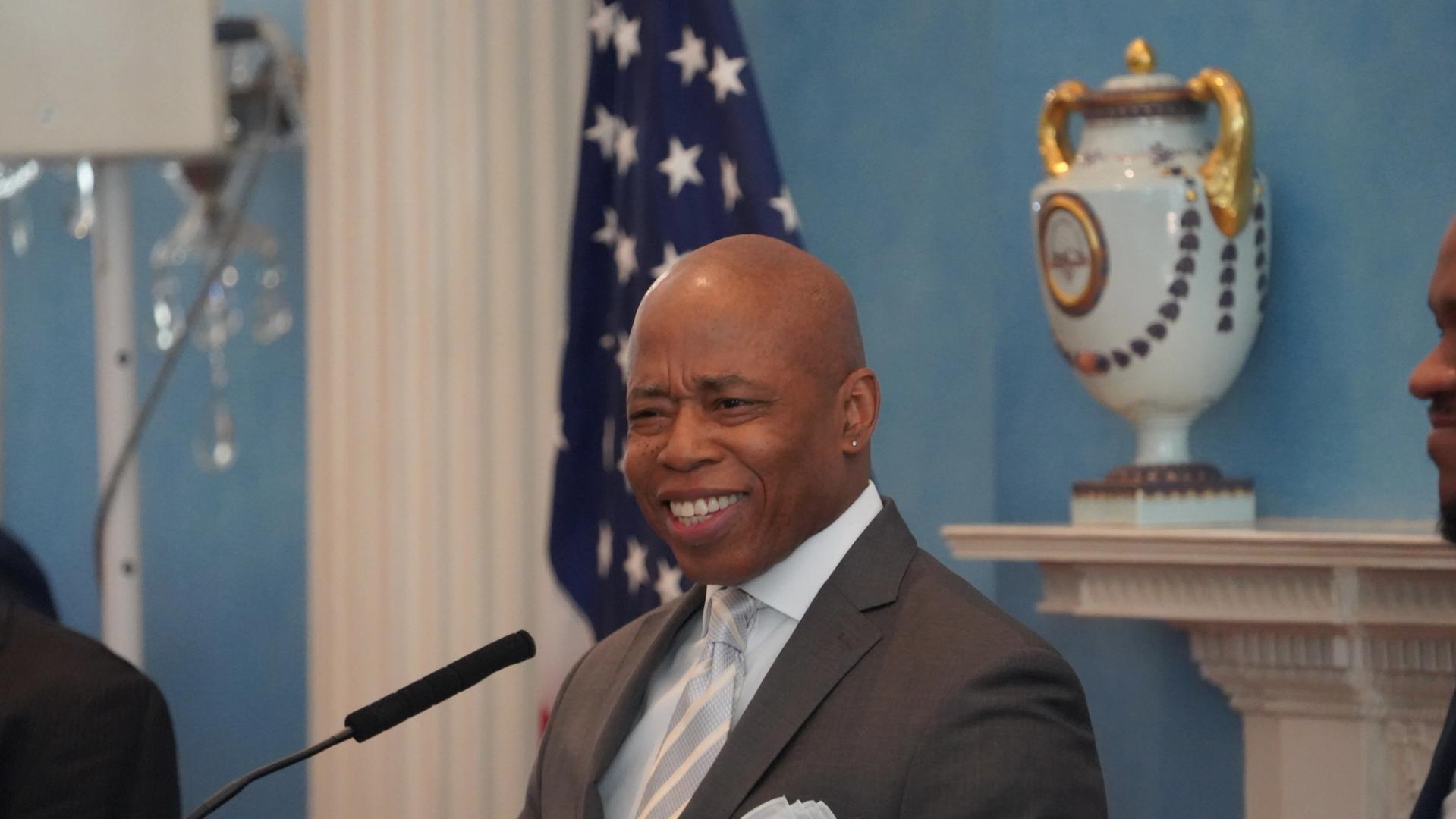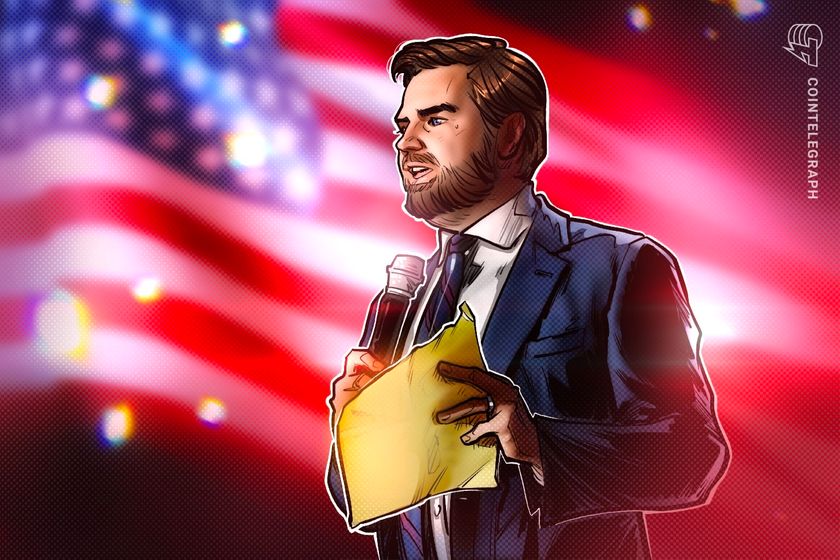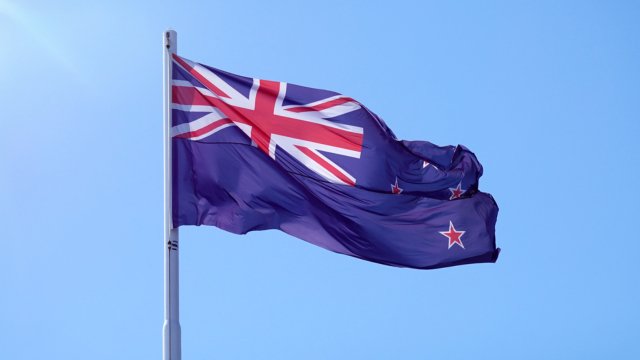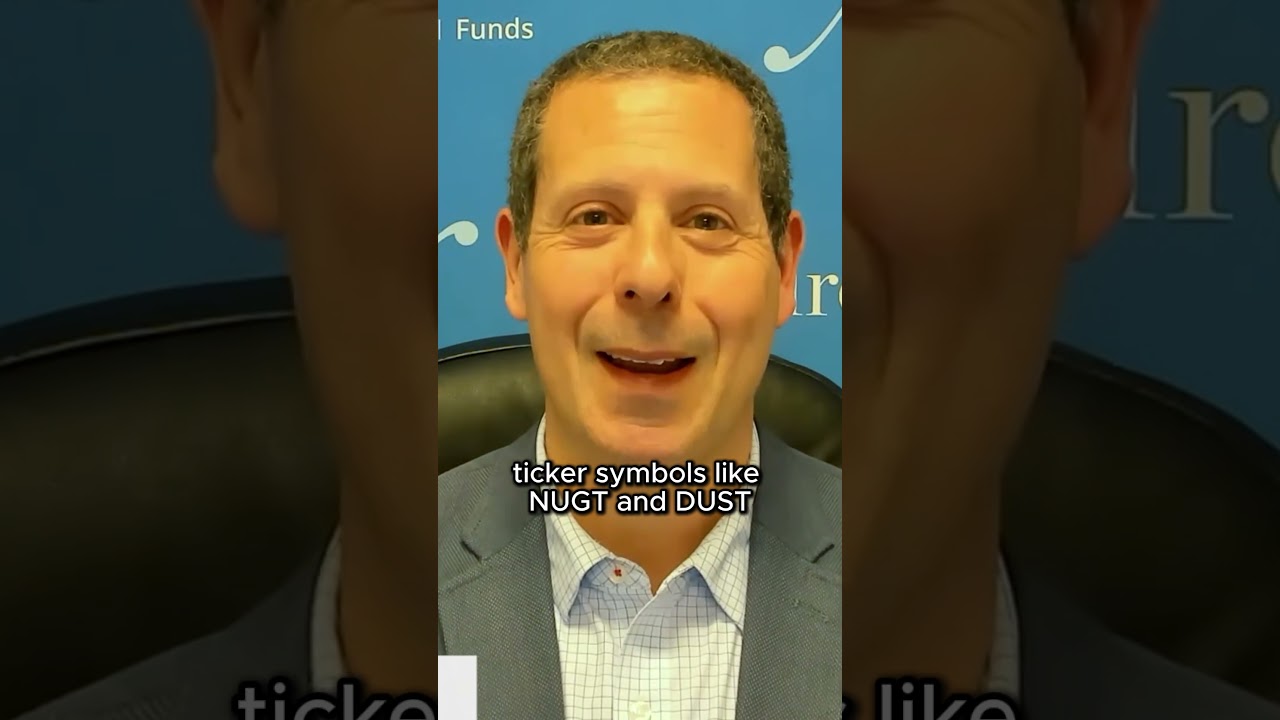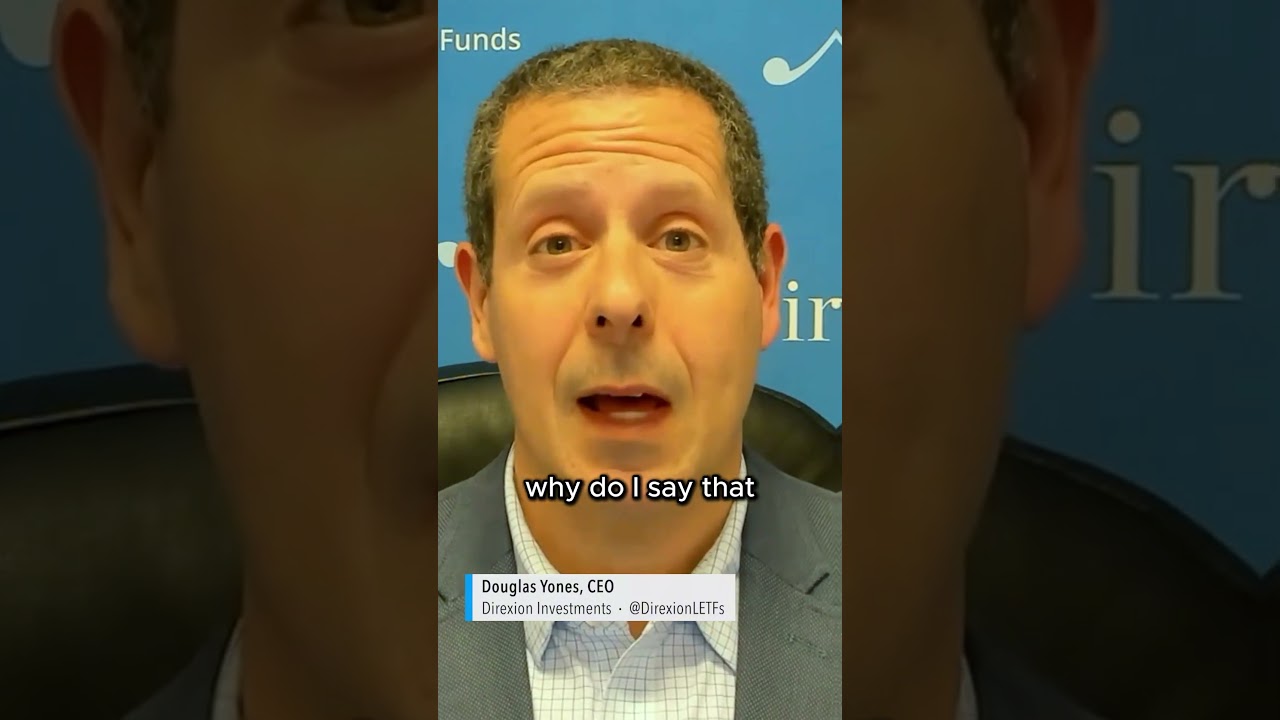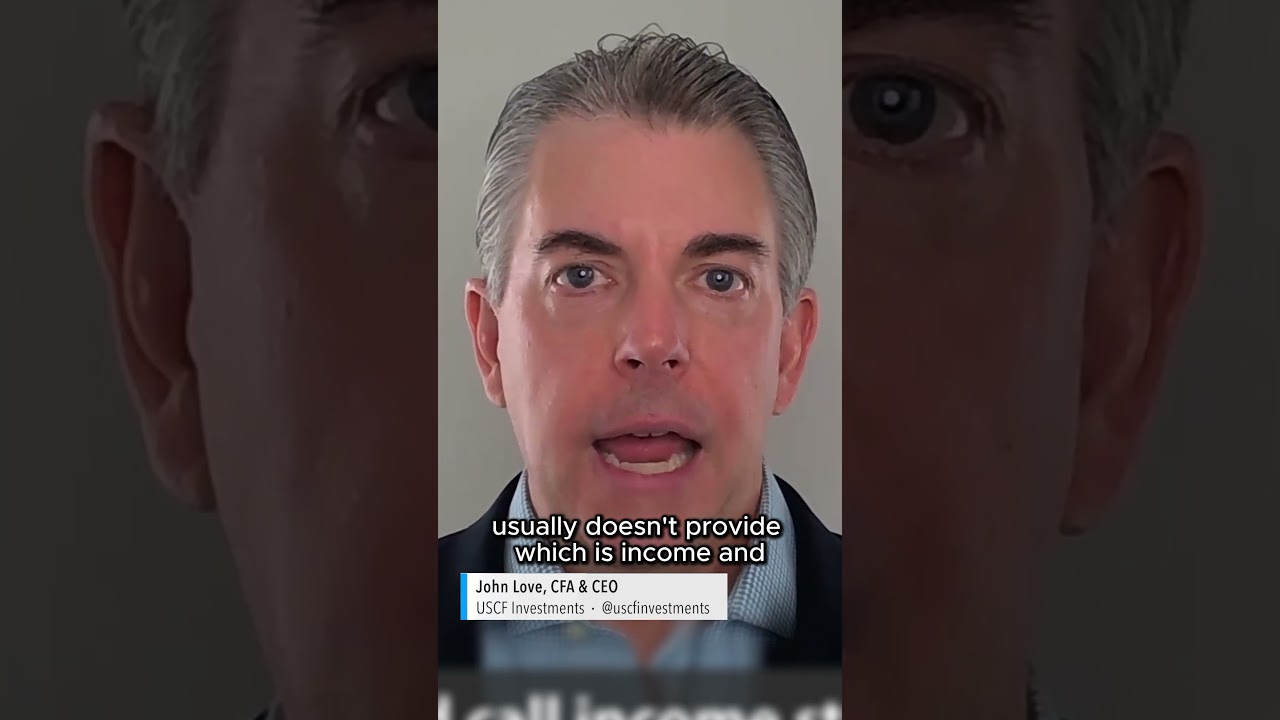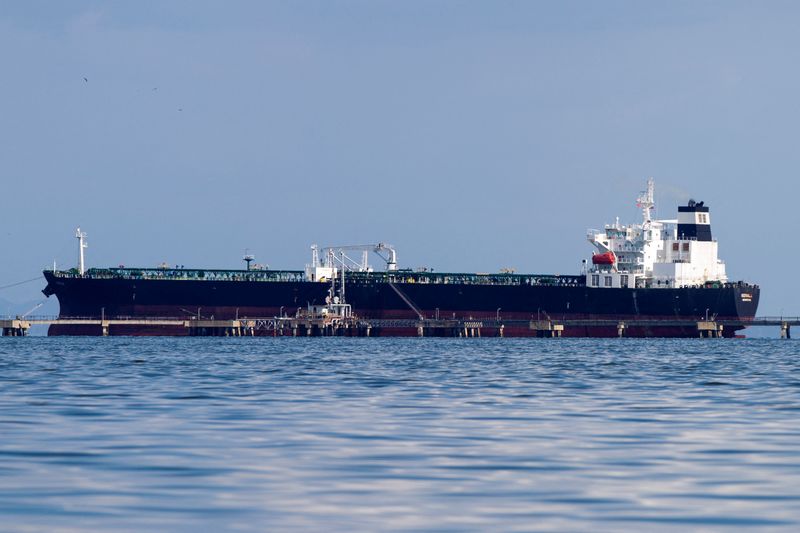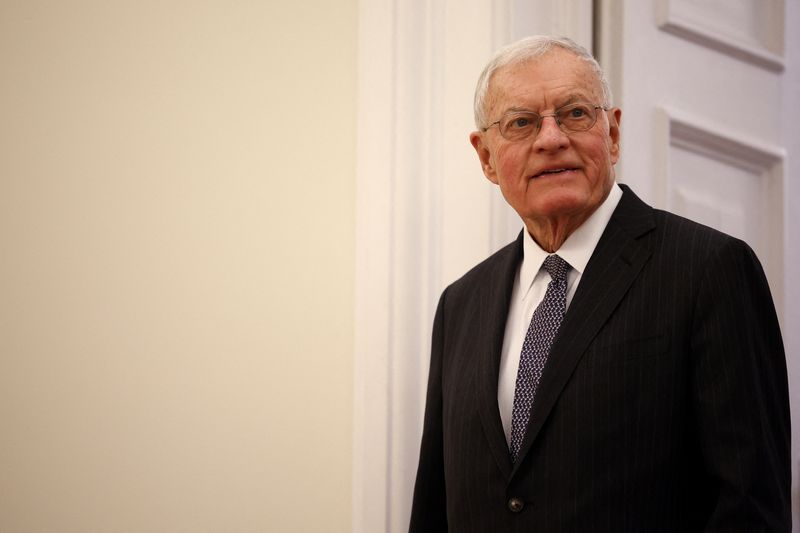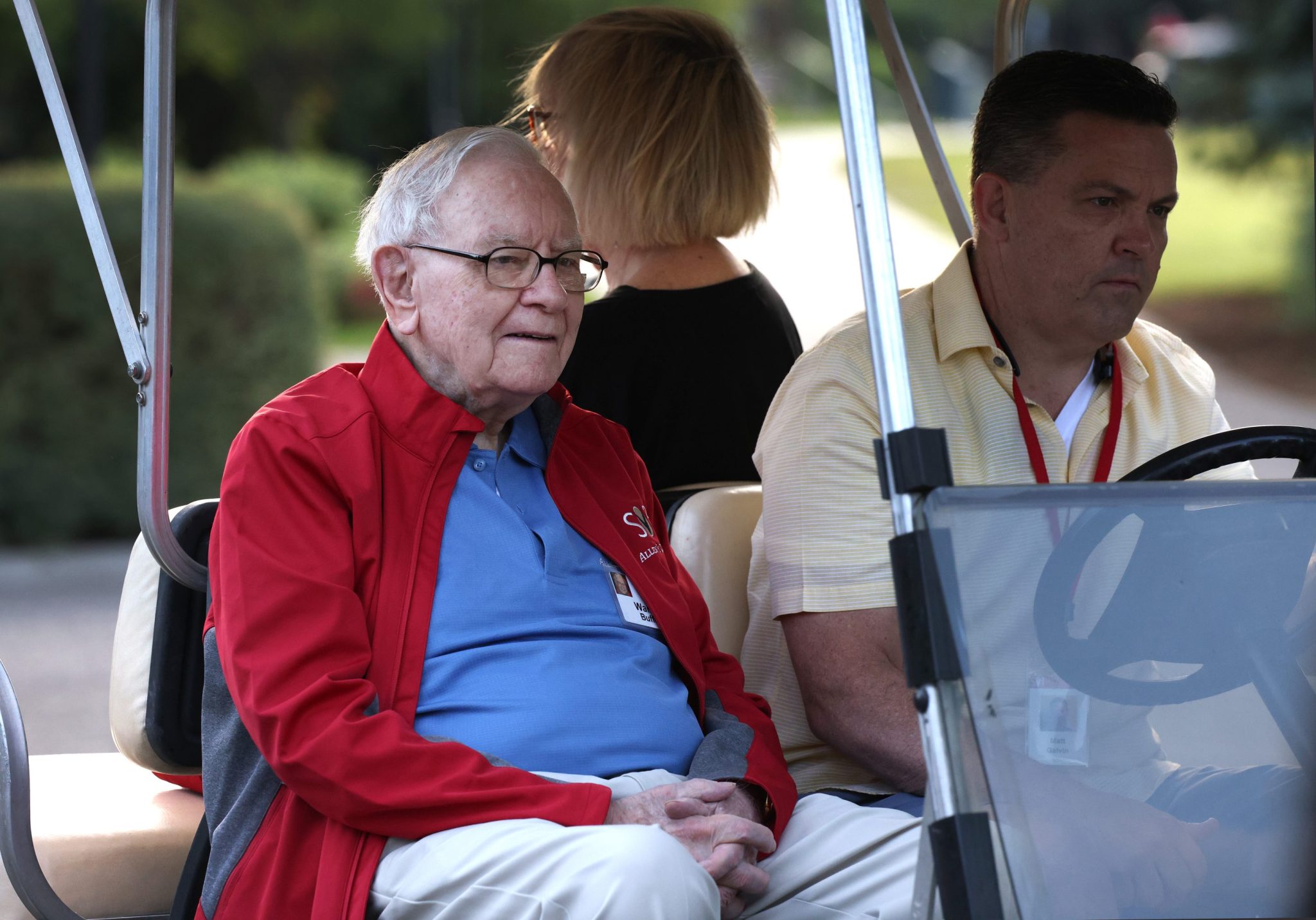Carlyle is trying to turn political volatility into competitive edge for its portfolio CEOs
The PE firm is using its D.C. roots to train CEOs to navigate political chaos.

Geopolitical tension, tariff threats, and policy whiplash have upended the global business order. But for private equity giant Carlyle Group, headquartered just blocks from Capitol Hill and the White House, the path through uncertainty isn’t retreat—it’s a strategic offense. The firm is recasting political volatility not as a risk to be mitigated, but as a lever of advantage for the CEOs it backs.
Carlyle says it is leaning into its proximity to power, equipping portfolio leaders with the tools, playbooks, and networks to navigate disruption and lead through it.
“We’re living right now in a time of unpredictability, and unpredictability is not great for economic clarity,” Steve Wise, co-head of Carlyle’s Americas corporate private equity, tells Fortune. “So we try to instill in our executives to be prepared, to be careful, and to think of the downsides and have a plan around that.”
But caution, in Carlyle’s view, is not synonymous with conservatism. With nearly 300 companies in its portfolio and $453 billion in assets under management, the firm is urging its CEOs to be tactical, agile, and hyper-strategic. As Carlyle CEO Harvey Schwartz said at the Milken Conference earlier in May that this is a moment for deliberate, decisive leadership.
From risk to readiness
Rather than insulating companies from geopolitical headwinds, Carlyle is actively preparing its leaders to engage. The firm takes a hands-on approach to executive development—embedding real-time geopolitical intelligence, regulatory insight, and cross-sector collaboration into its leadership model.
One example: peer-to-peer CEO forums that tackle thorny, high-stakes issues—tariffs, deglobalization, and shifting supply chains—with direct input from leaders across industries. The goal isn’t a single playbook, but shared tactical wisdom.
“Each company has different markets and supply chain complexity,” says Wise. “By connecting leaders with different exposures, they surface strategies they wouldn’t uncover on their own.” In other words, insight at scale becomes a competitive edge.
That exchange is critical in a portfolio where roughly 80% of companies are U.S.-based but operate globally. CEOs in industries facing acute exposure can tap the experience of peers who’ve already diversified operations—learning not from theory, but from someone who’s navigated it.
“We’re not just building operational excellence,” says Brian Bernasek, Wise’s co-head of Americas corporate private equity. “We’re building adaptive, resilient leadership.”
The Washington advantage
Under Schwartz, Carlyle has doubled down on Washington as a strategic asset—relocating board and investor meetings to D.C., consolidating a third of employees there, and restoring billionaire co-founder David Rubenstein as a public-facing statesman with deep ties across political administrations.
“Geopolitics are playing a much more critical role than they have in 30, 40, 50 years,” Schwartz told Bloomberg February, noting that Washington had become “under-prioritized as a power center.”
Not anymore. The firm now hosts an annual “Washington Day” that brings dozens of portfolio CEOs to Capitol Hill to meet directly with lawmakers and regulators. Carlyle isn’t asking executives to become political players, but it expects them to stay plugged in.
“In Washington, if your kids go to the same schools or you’re involved in the same charities, you just have a sense of what’s happening here,” says Bernasek.
That proximity has practical value. Carlyle’s bipartisan ties span Capitol Hill, defense agencies, and regulatory bodies, giving it a front-row seat to shifts in policy areas like healthcare, national security, and industrial policy.
In healthcare, where regulation is dense and opaque, Wise says the firm’s connectivity helps executives navigate reimbursement models and congressional dynamics. “It’s complicated in terms of how payment flows work and how reimbursement works,” he says. “But we’re well-networked across the regulatory landscape, and that matters.”
In defense, Carlyle leverages high-level advisors like retired Admiral James Stavridis, the former NATO Supreme Allied Commander, to keep portfolio leaders ahead of global threats and shifts in procurement priorities.
“They have tremendous relationships across all the agencies in Washington—defense, intelligence, federal, and civilian—and very importantly, with people on the Hill and in the administration to understand what kind of priorities are going to have bipartisan support,” Bernasek says.
Ultimately, Carlyle’s approach is rooted in the belief that in a world where volatility is the norm, readiness is the true differentiator. That means embedding agility into leadership, creating collaborative intelligence across companies, and building deep connective tissue with the public sector.
“With any change, there’s tremendous opportunity,” says Bernasek. “Understanding what an administration prioritizes can give our companies a real edge.”
This story was originally featured on Fortune.com





